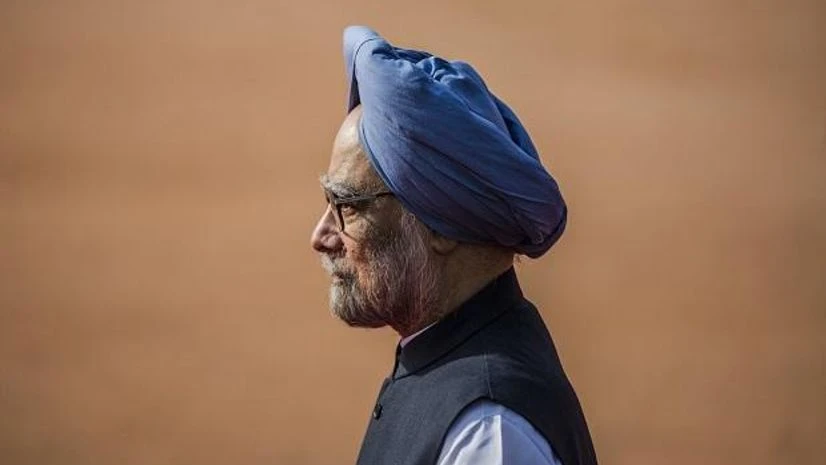Former Prime Minister Dr Manmohan Singh may be gearing up to officially retire from public life, according to a report by the Hindustan Times (HT). The report comes after certain political figures hinted at Dr Singh's retirement as well as his lack of appearances at several political and public events over the last five years. Speculations are further pushed by the 91-year-old leader's frail health and reported difficulties in performing parliamentarian duties ahead of the 2024 general elections.
Dr Manmohan Singh's frail health
Singh reportedly expressed his desire to relinquish his Rajya Sabha membership nearly a year ago, realising that his inability to discharge duties fully rendered his continued tenure futile.
Despite being a member of the Upper House (Rajya Sabha) since 1991, Singh has been unable to attend a single day of Parliament's ongoing Budget session due to his health. His last appearance in the House was during the Winter session, where he only attended a single session. An aide disclosed to HT that while Singh remains mentally alert, mobility issues have made his return to the Rajya Sabha difficult. His last speech in the House, delivered in November 2019, addressed concerns about foreigners detained at a centre in Assam.
Singh's absence was noted during a session attended by Prime Minister Narendra Modi and former PM Deve Gowda, where retiring members of the Upper House bid farewell. His inability to attend a dinner for retiring members and participate in the group photograph brought further attention to his health challenges.
Manmohan Singh's background and career
The former prime minister's retirement would mark the conclusion of a nearly five-decade-long public service career.
Born on September 26, 1932, in Gah, British India (now in Pakistan), Singh earned his Bachelor's and Master's degrees from Panjab University, followed by a D Phil from the University of Oxford. He became an economic advisor in 1971. Since then, Singh has held various prominent positions, including chief economic advisor, governor of the Reserve Bank of India (RBI), finance secretary, University Grants Commission (UGC) chairman, finance minister, and eventually, two-term prime minister.
More From This Section
His tenure as finance minister in 1991 is widely credited with kickstarting economic liberalisation, while his leadership during the 2008 financial crisis earned him praise for steering India through turbulent times.
Singh's tenure as the Prime Minister from 2004 to 2014 saw him leading a coalition government. Despite holding the highest office in the country, he remained unassuming and incorruptible, earning him respect from across the political spectrum.
Singh has been honoured with numerous awards and accolades, including the Padma Vibhushan, India's second-highest civilian award, and the Jawaharlal Nehru Fellowship. He has also written several papers and books on business and economics. He also contributed to the "Changing India" book series that reflected on reforms that influenced and transformed the Indian economy.
In 2014, his former media advisor published a memoir on Singh titled "The Accidental Prime Minister: The Making and Unmaking of Manmohan Singh", detailing his time as the PM of the nation.

)
